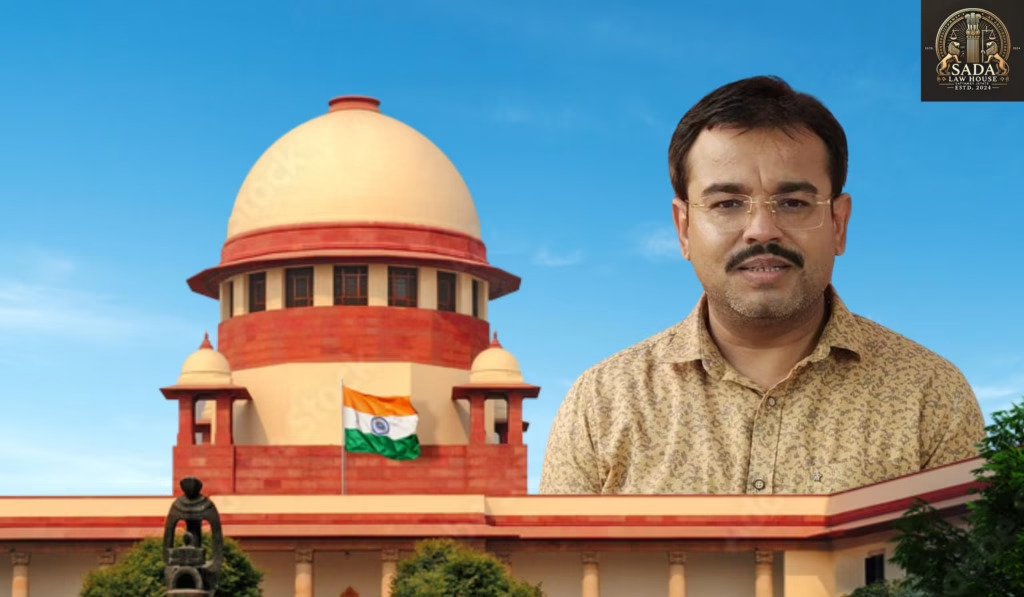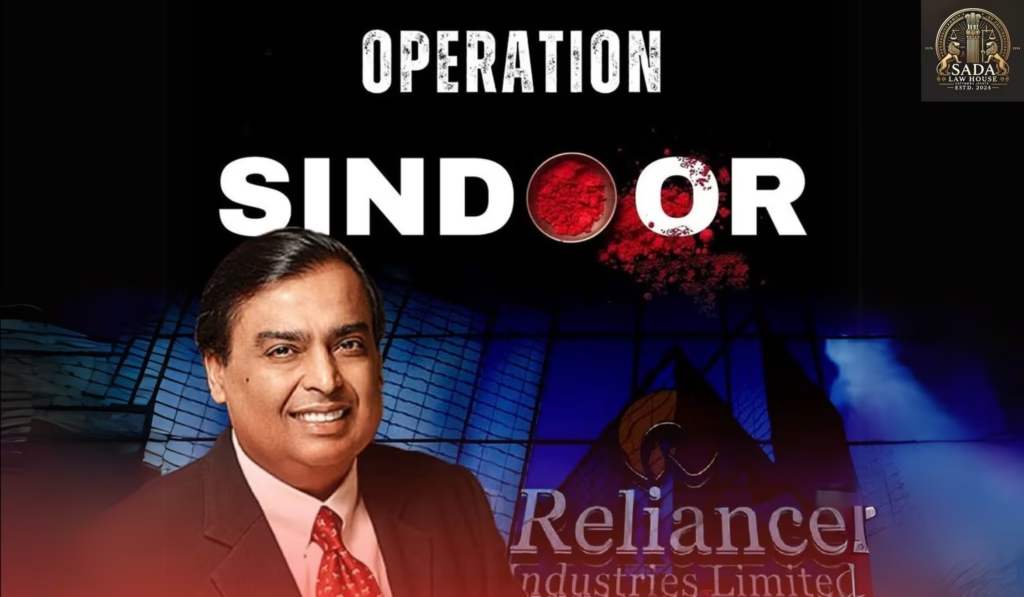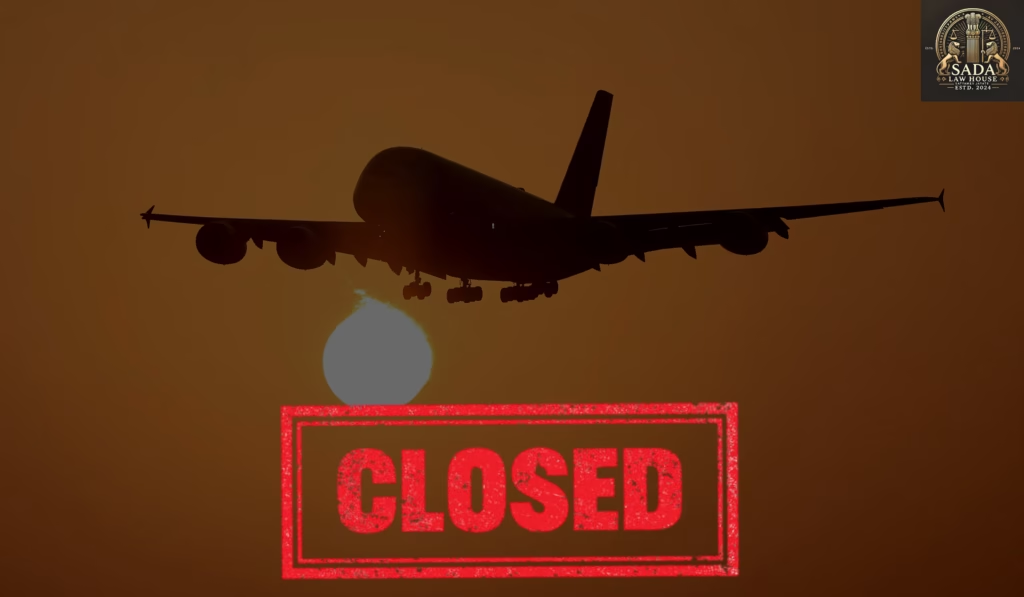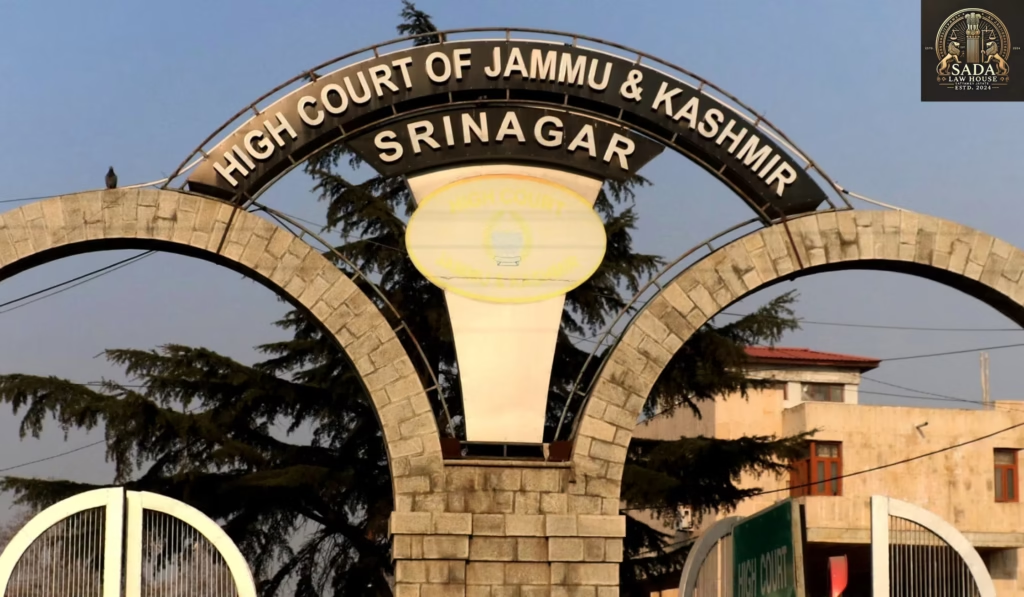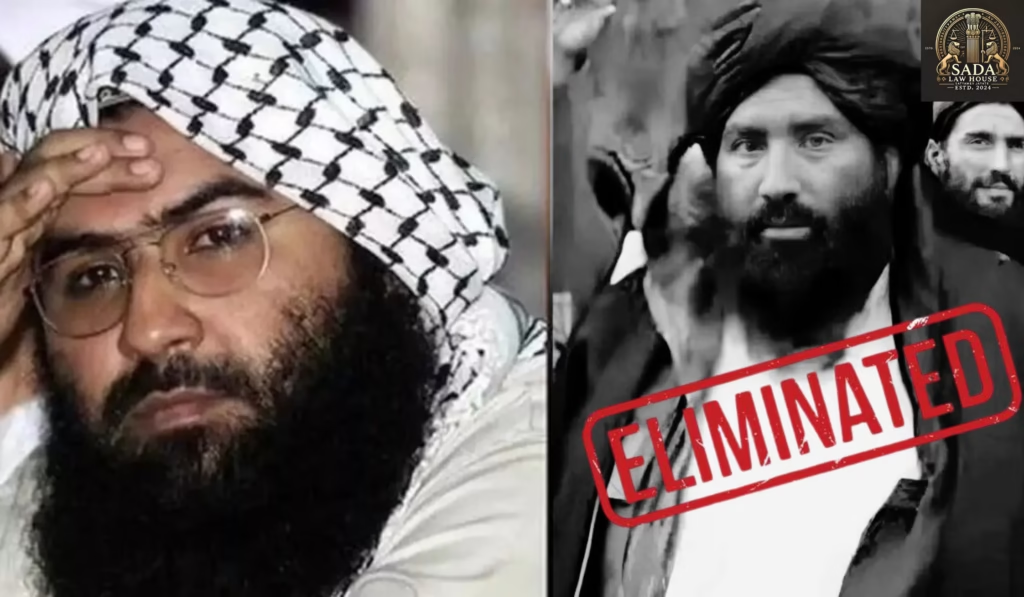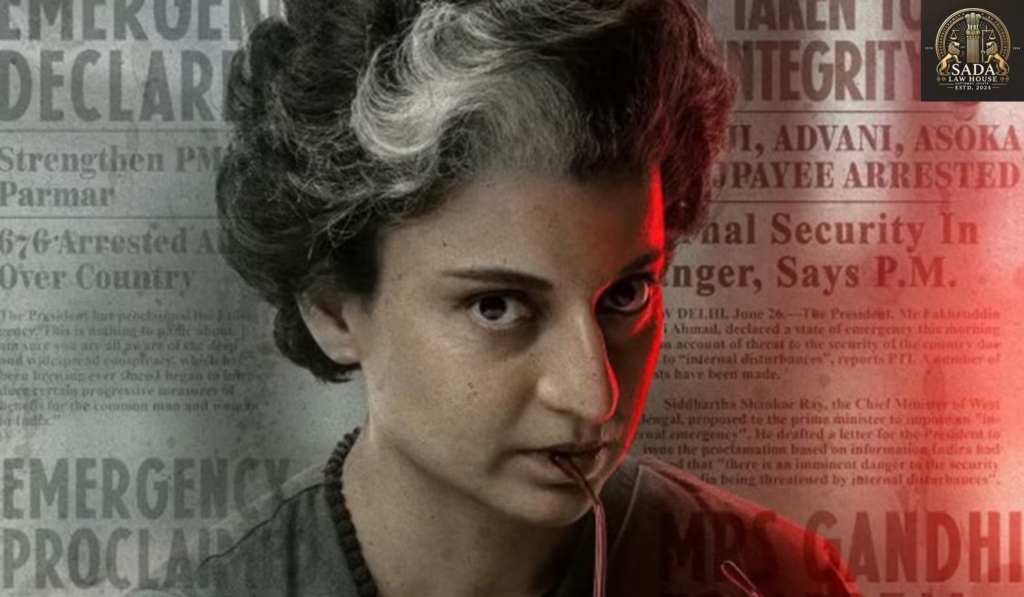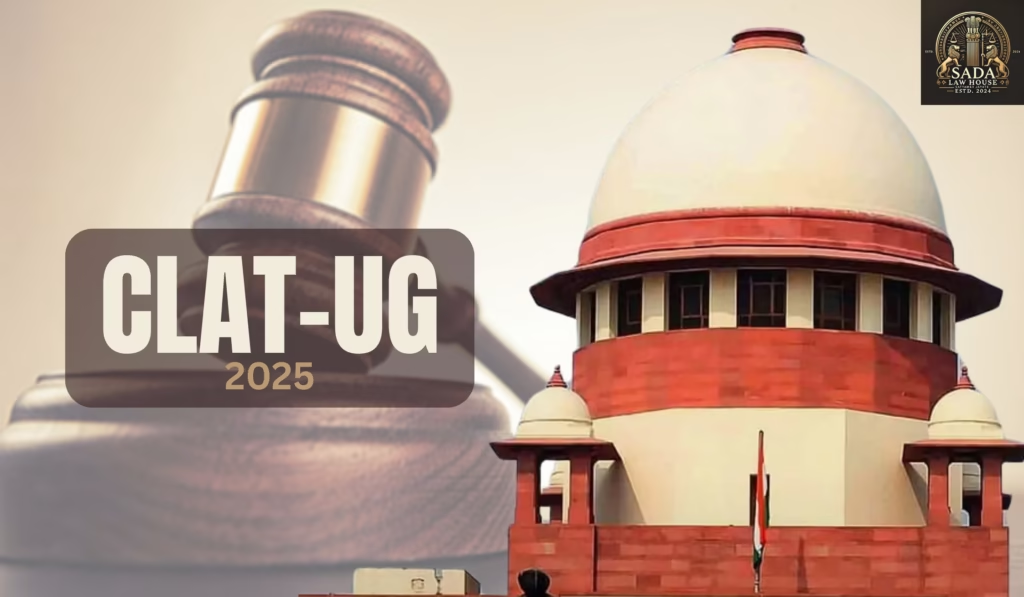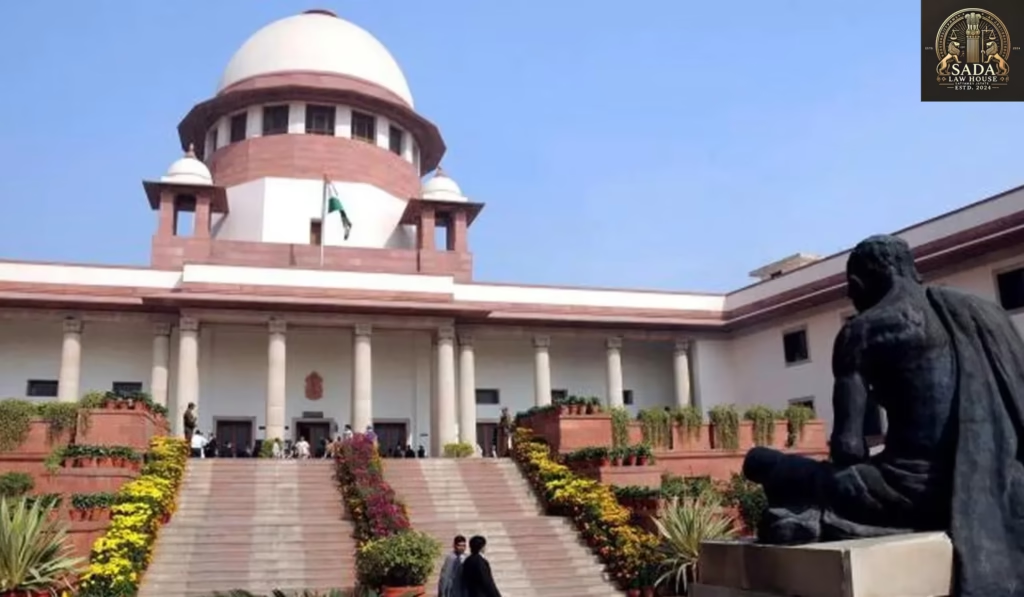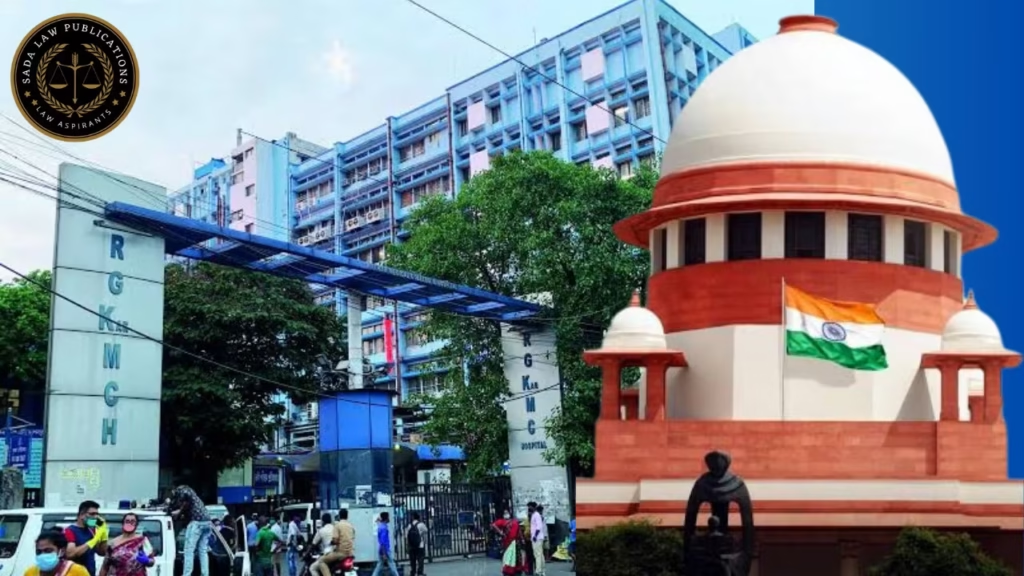Supreme Court Allows Ashish Mishra to Visit Lakhimpur Kheri Every Weekend Under Strict Conditions
Trending Today Supreme Court Allows Ashish Mishra to Visit Lakhimpur Kheri Every Weekend Under Strict Conditions Rush to Trademark ‘Operation Sindoor’ Escalates Amid Ongoing Conflict, with Reliance and Others Filing Claims 21 Northern Indian Airports Closed Until May 10 Due to Military Tensions Near Pakistan Border J&K High Court: Magistrates Can Issue Pre-Cognizance Notices Under BNSS Even in Cheque Bounce Cases Operation Sindoor: India Eliminates IC-814 Hijack Mastermind Abdul Rauf Azhar in Precision Strikes Operation Sindoor: India’s Precision Strikes After Pahalgam Terror Attack Raise Cross-Border Tensions Delhi High Court Sends Dispute Over Netflix’s ‘Emergency’ Film and Coomi Kapoor’s Book to Mediation Shiv Sena (UBT) Urges Supreme Court to Fast-Track Symbol Dispute Before Maharashtra Local Body Elections Supreme Court Orders CLAT-UG 2025 Merit List Revision: Key Questions Removed and Re-Evaluated Supreme Court Urges BCI to Mandate AIBE Status in Vakalatnamas for Lawyers Enrolled After 2010 Supreme Court Allows Ashish Mishra to Visit Lakhimpur Kheri Every Weekend Under Strict Conditions MAHI SINHA 08 May 2025 The Supreme Court has allowed Ashish Mishra, son of BJP leader Ajay Mishra, to visit Lakhimpur Kheri every weekend under strict conditions. Learn more about the legal updates in the controversial 2021 farmer protest case. Supreme Court Grants Ashish Mishra Permission for Weekly Visits to Lakhimpur Kheri In a significant development in the high-profile Lakhimpur Kheri violence case, the Supreme Court of India has permitted Ashish Mishra, son of Ajay Mishra Teni and the main accused in the case, to visit Lakhimpur Kheri every weekend. He is allowed to stay with his family from Saturday night to Sunday night, with a strict condition to return to Lucknow by Sunday evening. Conditions Imposed by the Supreme Court The court explicitly stated that Ashish Mishra must avoid participating in any political or public gatherings during his visit. The permission is strictly for private and family-related purposes. This decision modifies the prior bail condition that barred him from entering Lakhimpur Kheri except for court appearances. Arguments Presented in Court The decision was made by a bench comprising Justice Surya Kant and Justice NK Singh. Senior Advocate Siddharth Dave represented Mishra and argued for the relaxation, emphasizing that Mishra had not seen his daughters in four years. Dave also cited the deteriorating health of Mishra’s mother and the better environment in Lakhimpur Kheri compared to Lucknow as reasons for the request. Witness Examination and Legal Proceedings Garima Prashad, Additional Advocate General of Uttar Pradesh, informed the court that only 16 of the 208 witnesses had been examined so far. Among them were 10 injured witnesses. Justice Kant suggested optimizing the examination process, recommending that only one member from a family be called if multiple members are listed as eyewitnesses. However, he noted that the final decision rests with the prosecutor. Victims’ Rights and Intervention by Advocate Prashant Bhushan During the proceedings, Prashant Bhushan intervened on behalf of the victims. He raised concerns about the accused allegedly running over farmers with a vehicle. Although Siddharth Dave objected to Bhushan’s involvement, Justice Kant emphasized that victims have the right to be heard and “cannot be expected to be passive observers.” Background: The Lakhimpur Kheri Incident In October 2021, five individuals were killed when a convoy allegedly linked to Ashish Mishra ran over protesting farmers in Lakhimpur Kheri. The incident, occurring during widespread protests against India’s farm laws, sparked nationwide outrage. Mishra’s father, Ajay Kumar Mishra, was a Union Minister at the time, which intensified political tensions. Judicial Timeline and Bail Developments Ashish Mishra was initially granted bail by the Allahabad High Court on February 10, 2022. However, this decision was overturned in April 2022 by a Supreme Court bench that included Justice Hima Kohli, Justice Surya Kant, and then Chief Justice NV Ramana. The bench ruled that the High Court had failed to consider relevant evidence properly. Following a renewed appeal by the families of the deceased farmers, Mishra’s bail request was denied after a rehearing. Eventually, in January 2023, the Supreme Court granted him temporary bail for eight weeks, which was later extended and made permanent. He was allowed to stay in Lucknow or Delhi under strict conditions. Conclusion The decision to allow Ashish Mishra weekend visits to Lakhimpur Kheri marks a pivotal moment in the ongoing legal saga surrounding the 2021 farmer protest deaths. While the court has imposed stringent restrictions, the matter remains sensitive and closely monitored. With the trial still in progress, all eyes remain on the judiciary’s next steps. Leave a Reply Cancel Reply Logged in as Sada Law. Edit your profile. Log out? Required fields are marked * Message* Live Cases Supreme Court Allows Ashish Mishra to Visit Lakhimpur Kheri Every Weekend Under Strict Conditions Supreme Court Allows Ashish Mishra to Visit Lakhimpur Kheri Every Weekend Under Strict Conditions Sada Law • May 8, 2025 • Live cases • No Comments Rush to Trademark ‘Operation Sindoor’ Escalates Amid Ongoing Conflict, with Reliance and Others Filing Claims Rush to Trademark ‘Operation Sindoor’ Escalates Amid Ongoing Conflict, with Reliance and Others Filing Claims Sada Law • May 8, 2025 • Live cases • No Comments 21 Northern Indian Airports Closed Until May 10 Due to Military Tensions Near Pakistan Border 21 Northern Indian Airports Closed Until May 10 Due to Military Tensions Near Pakistan Border Sada Law • May 8, 2025 • Live cases • No Comments 1 2 3 … 5 Next »

